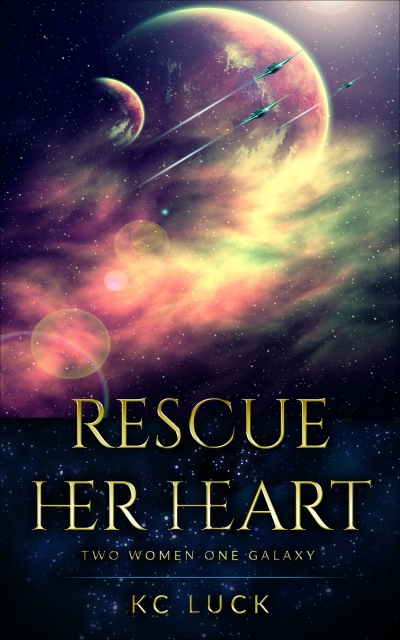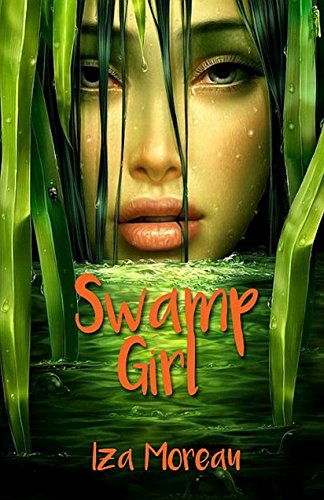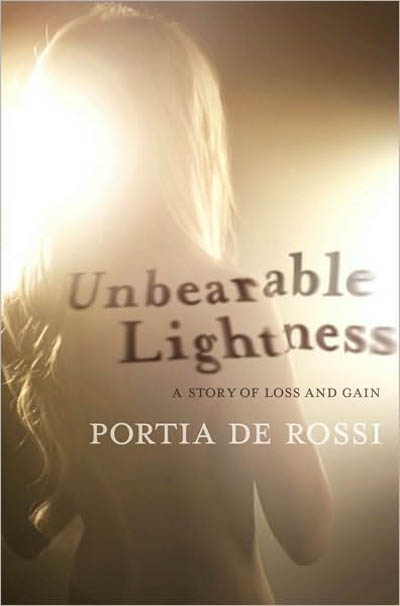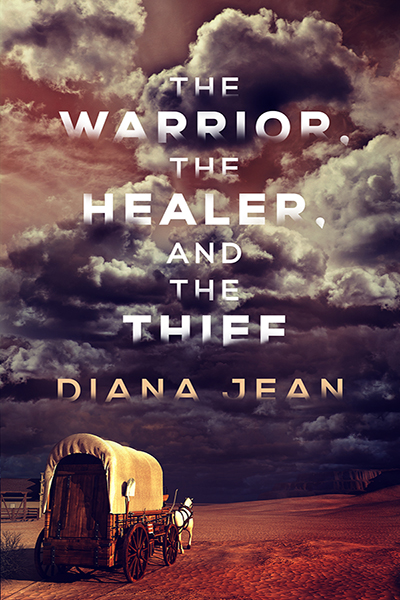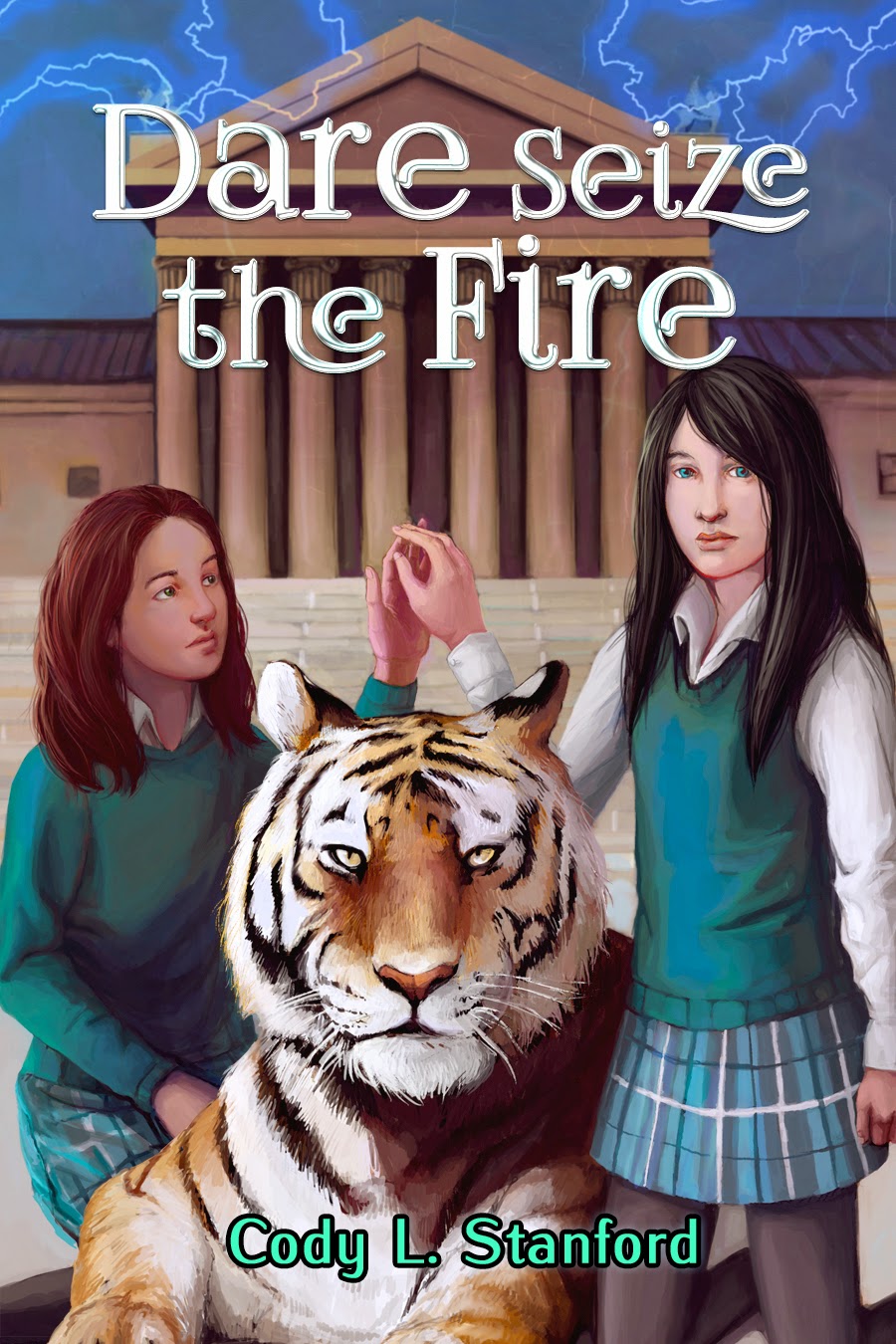Rescue Her Heart is a fun debut novel featuring a mysterious disappearance of both father and fuel, space girlfriends and pirate battles. I would call it science fiction light, so if you are interested in a lot of word building, this might not be for you. However, if you are a fan of adventure romanceRead More
Megan Casey reviews Swamp Girl by Iza Moreau
There was a recent article in The Washington Post about young adult novels written from the queer perspective. The gist of the article was that these novels “have begun to feel mainstream.” I’m sure that this is true to some extent; that a queer point of view is becoming increasingly more accepted by today’s readers,Read More
Marthese reviews The Second Mango by Shira Glassman
She also picked up a mango, and then, after thinking about it for a moment, bought a second as well. The Second Mango is the first in the Mangoverse high-fantasy series. It felt so good to read fantasy again! Especially a book that I have been meaning to read for a while and now that theRead More
Kathryn Hoss Recommends Lesbian Beach Reads
Every summer my entire obnoxious/lovable extended family rents a beach house in the Carolinas for a week, and every summer I end up scouring Goodreads, Amazon, and the Lesbrary for “lesbian beach reads.” Usually, that phrase yields zero-to-few results. I’m here to change that. Looking for a juicy tell-all for theRead More
Julie Thompson reviews Love in Action by Augusta Hill
I discovered this bundle by happenstance on Twitter, one of the things I enjoy about using it. The Indiana Jones-esque font on the cover drew me in like a moth to flame. As I sat in my airline seat bound for abbreviated adventure in the unknowns of Iowa, I dove straight into the stories. LoveRead More
Julie Thompson reviews The Warrior, the Healer, and the Thief by Diane Jean
The Warrior, the Healer, and the Thief (WHT) by Diane Jean is a bite-sized, action-packed adventure across the rugged terrain of the Western United States. WHT is incredibly fun and entertaining. It re-imagines the Oregon Trail within the lens of magical realism. Chase, Mara, and Ari, three women with different motives, join forces against demonicRead More
Marthese reviews Dare Seize the Fire by Cody L. Stanford
“gifts sometimes come with sharp edges” Dare Seize the Fire is a young adult adventure book with a hint of fantasy. The story is set in Philadelphia and follows Katie Zielinski which is also called Kasia, Katarzyna, Kat and my favourite: cutie-Kat. On her way home, Katie finds an escaped tiger and connects with him.Read More
Marthese reviews The Eldermaid by K.Henderson
“Death is never more than a breath away” I binge read this book in a day! I had wanted to read this book as soon as I read the blurb, but, well, I was late for my review. It helped that it was a very enjoyable story that made you want to read more. ThisRead More
